I Know This Much Is True: Double the Ruffalo, Double the Brilliance
I imagine that it would be a dream job for an actor to play the parts of twin brothers Dominick and Thomas Birdsey in I Know This Much Is True.
Incluvie Foundation Gala - Learn More
Céline Sciamma’s directorial debut Water Lilies (2007) follows three teenage girls as they begin to understand their sexuality and, thereby, their place in the world. A gentle coming of age story, Water Lilies takes its time in exploring what it’s like to be a young girl trying to make sense of her sexuality in a heteronormative world.
The three girls, Marie (Pauline Acquart), Anne (Louise Blachère) and Floriane (Adèle Haenel) each undergo their individual — and sometimes overlapping — journey of self-discovery, particularly in relation to their sexuality. Marie, a quiet and unassuming girl, shows up to synchronized swim practice one day in support of Anne, her closest friend. While there, she meets Floriane and quickly develops an attraction to the other girl. A friendship eventually blossoms from this, driving a bridge between Marie and Anne, the latter of who thinks that Floraine is trouble. A love triangle of sorts grows between these girls, complicated by François, Floriane’s boyfriend who Anne is also attracted to.
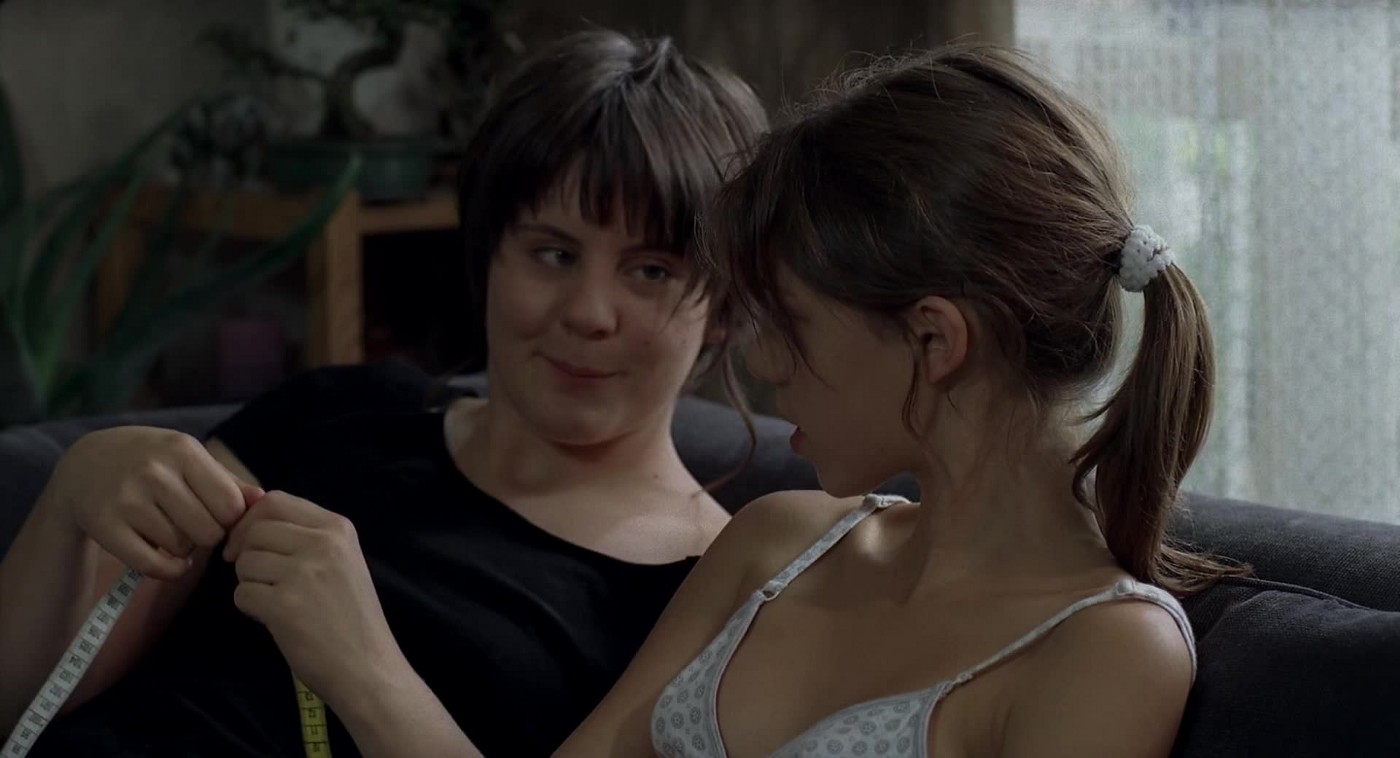
Though all relationships in the film hold weight, the most compelling one is that between Marie and Floriane, whose friendship slowly begins to deepen into something more. Though, Floriane ultimately rejects Marie. Sciamma uses the connection between these two to tell a nuanced and intelligent story of first love and attraction, and what exactly that looks like as a lesbian.
Marie’s attraction to Floriane is believable and, though misguided, feels genuine. Floriane’s attraction to Marie is a bit trickier — though she toys with the idea, Floriane never fully comes into her sexuality in the way that Marie does. Floriane feels pressured into having sex with her boyfriend so that she can lose her virginity and do what she believes she’s supposed to want. On the journey of preparing for this moment, Floriane goes as far as asking Marie to be her first time, which eventually doesn’t pan out. Still, this moment between them is filled with caution and nervousness, and clearly expresses how both girls are struggling to understand their attraction to women when they are being relentlessly pushed into wanting men.
When the two finally kiss towards the end of the film, Sciamma pulls the audience back into reality — this love between them is first love, and, though important to them each, is not something that was ever built to last. Sciamma takes this relationship and portrays it realistically, and the way the two girls get caught up in one another feels like a genuine first love — or, first infatuation. Marie’s story is particularly poignant, and the film rests on her relationships with both Anne and Floriane.
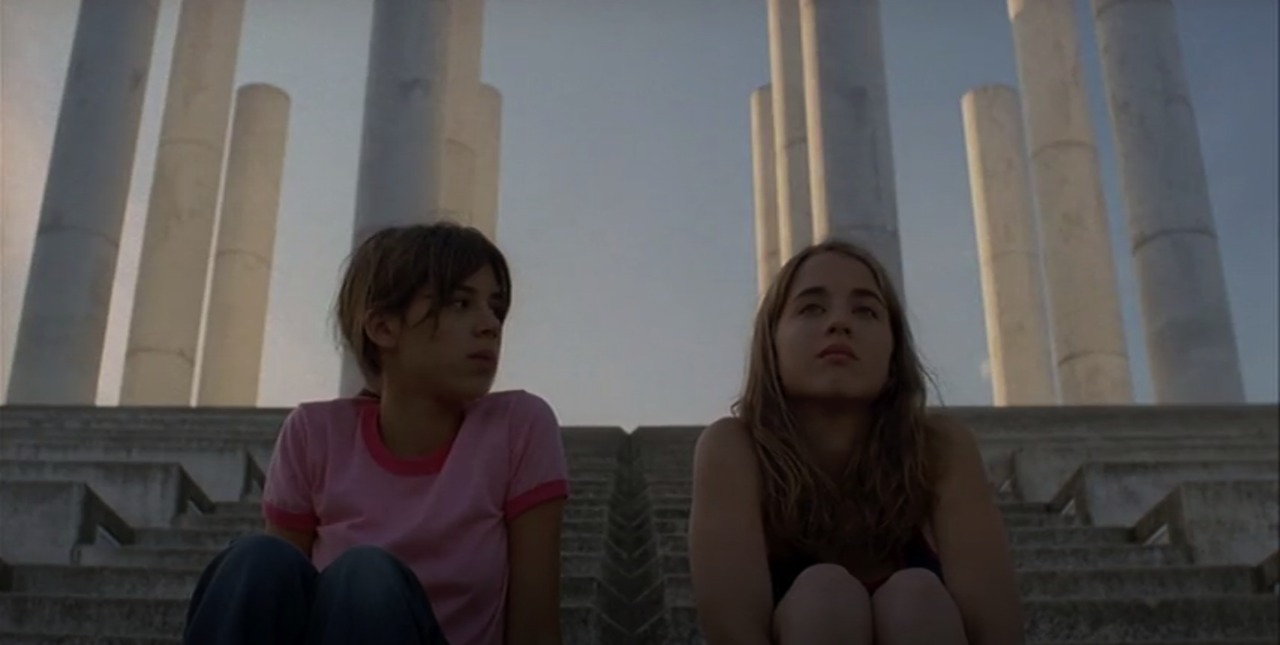
If anyone is coming of age in Water Lilies, it’s Marie. Marie’s story is mesmerizing, as is the film as a whole — the perfectly choreographed and beautiful synchronized swimming scenes best represent this and make the film impossible to turn away from. These scenes are sprinkled throughout the movie, and cause the audience to feel as though they are experiencing all of the feelings of first love, just as Marie is.
The film is short — just over an hour and 20 minutes — and, though there are few complaints to make, it could use some extra time showing the relationship between Marie and Anne. This is meant to be the core relationship of the movie, but not enough time is spent developing their friendship and exploring this bond between them for the final scene, in which the two girls are together again, to have as much impact as it should. The setup is there, but the execution isn’t, and it’s never quite clear if their friendship is merely that, or something deeper.
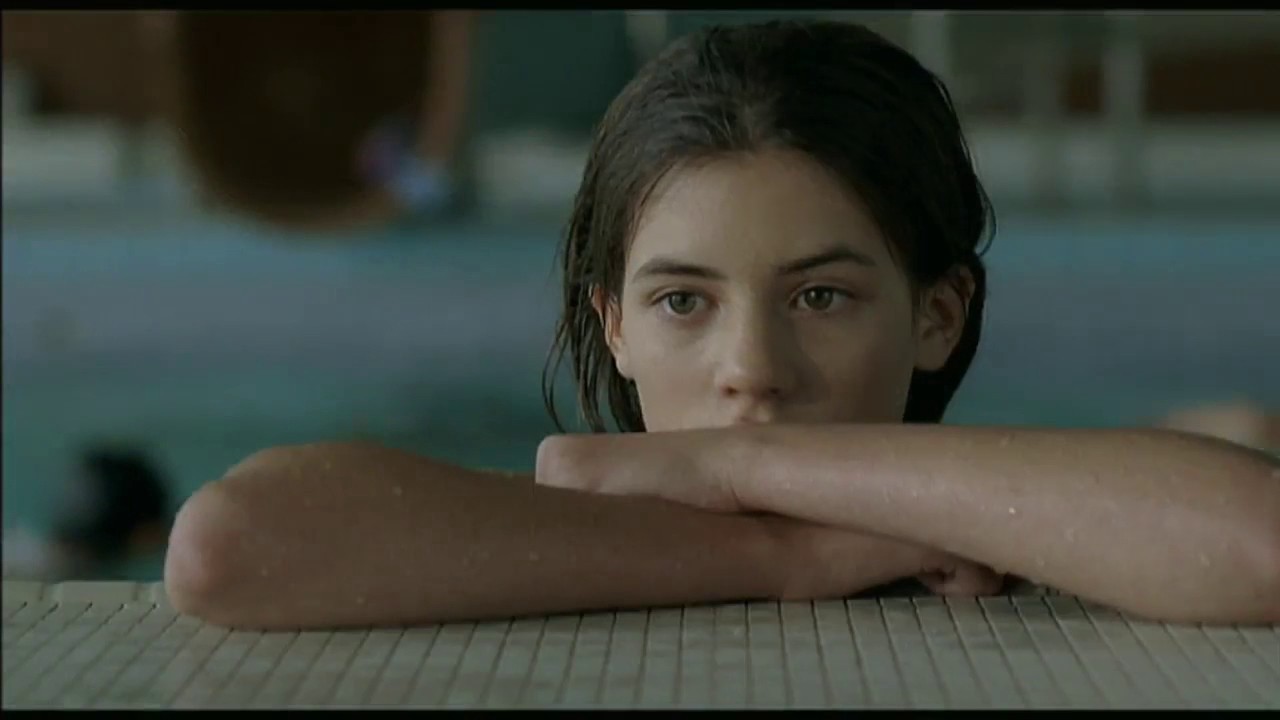
For the more technical aspects of the film, nothing stands out as particularly great or bad — the swimming scenes are beautifully shot and impossible to look away from, but the rest of the film doesn’t do anything particularly fancy. The cinematography and editing are subtle, much like the rest of the film, and feels fitting for a movie such as this. No technical aspects of the film are poorly done, and, though simple, it doesn’t necessarily need to be flashier than it is.
In terms of diversity, Water Lilies does a beautiful job of showing LGBTQ characters coming of age and learning to understand their individual sexualities. It portrays the struggle of coming to terms with identity, and the way that we often resist this. It feels very honest and resonated with me very deeply because of this, as some of the events of the film felt very similar to events I went through as a teenager discovering their sexuality.
Given that this film is from 2007, it’s impressive that Sciamma was able to capture the experience of lesbianism so perfectly, and without making it centered around appealing to men — this is a movie by a lesbian, and for lesbians, and that is clear throughout its entirety. However, the film is packed with an all-white cast and loses points for this aspect.
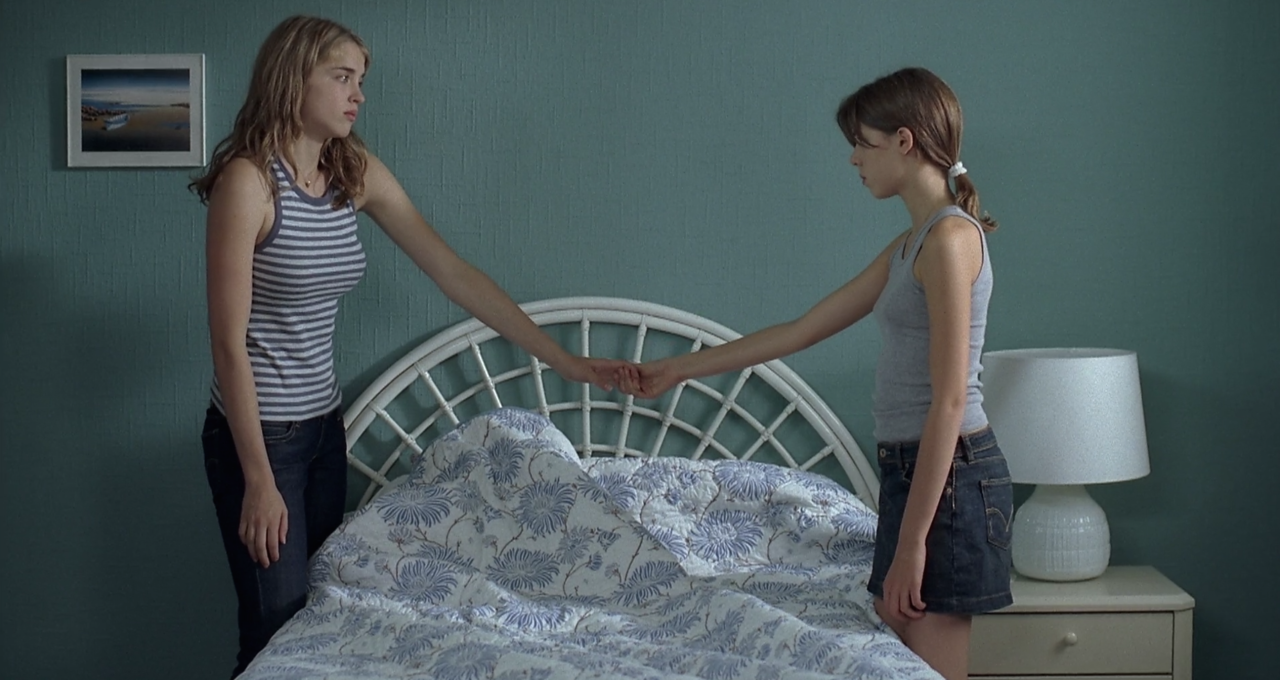
Overall, Water Lilies is a lush, beautiful story of first love and coming into your sexuality. This debut from Sciamma cements her as a powerhouse in LGBTQ film, and her movies after this one prove this fact even further. It’s definitely worth a rewatch, and impacted me more than I was expecting. Water Lilies, by all means, deserves to be looked at as a treasure of LGBTQ cinema.
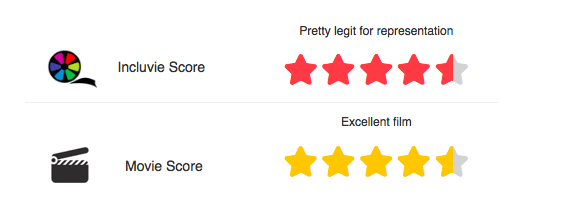
Movie review originally posted by Marisa Jones on January 6, 2021.
Related lists created by the same author
I imagine that it would be a dream job for an actor to play the parts of twin brothers Dominick and Thomas Birdsey in I Know This Much Is True.